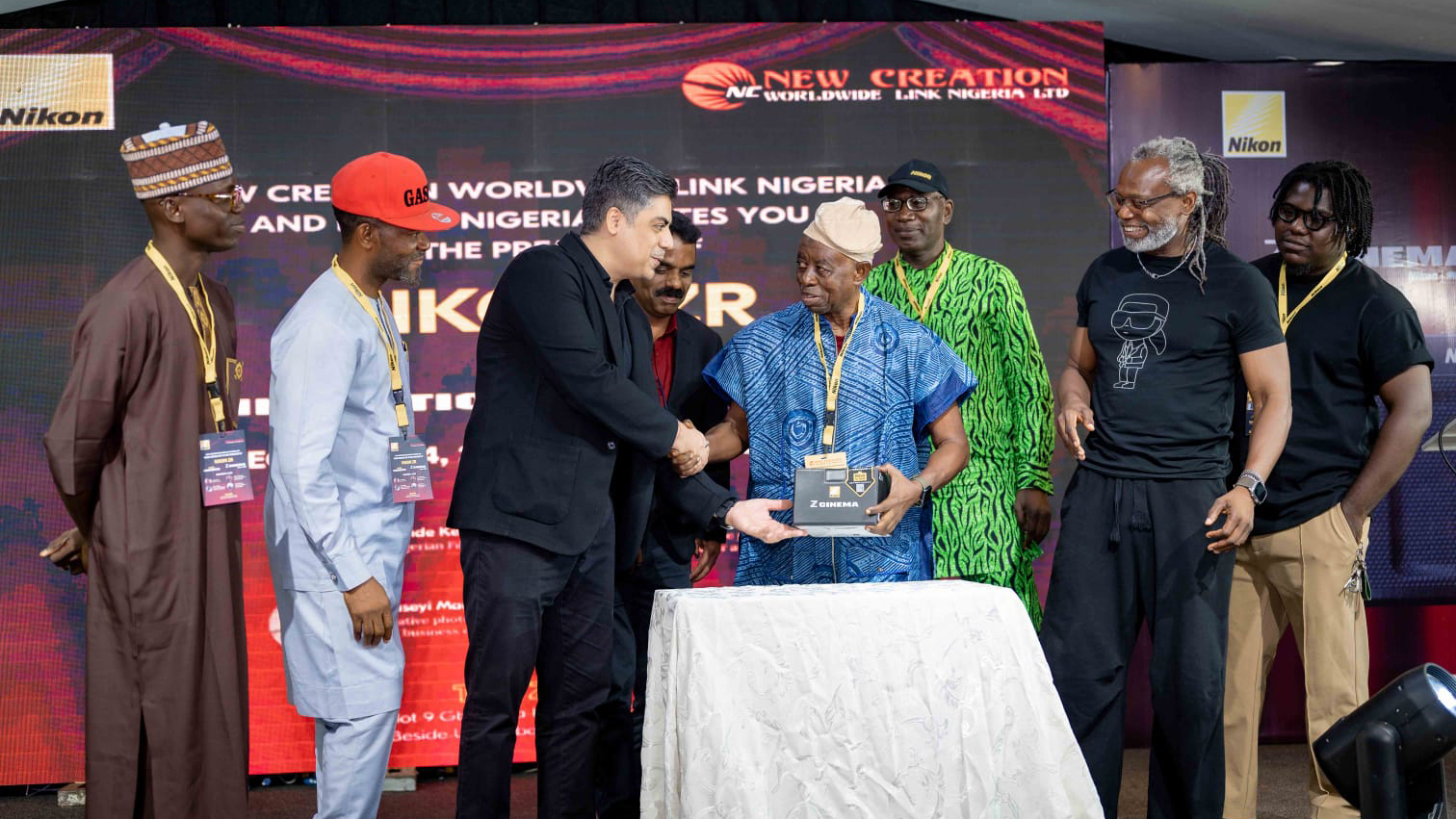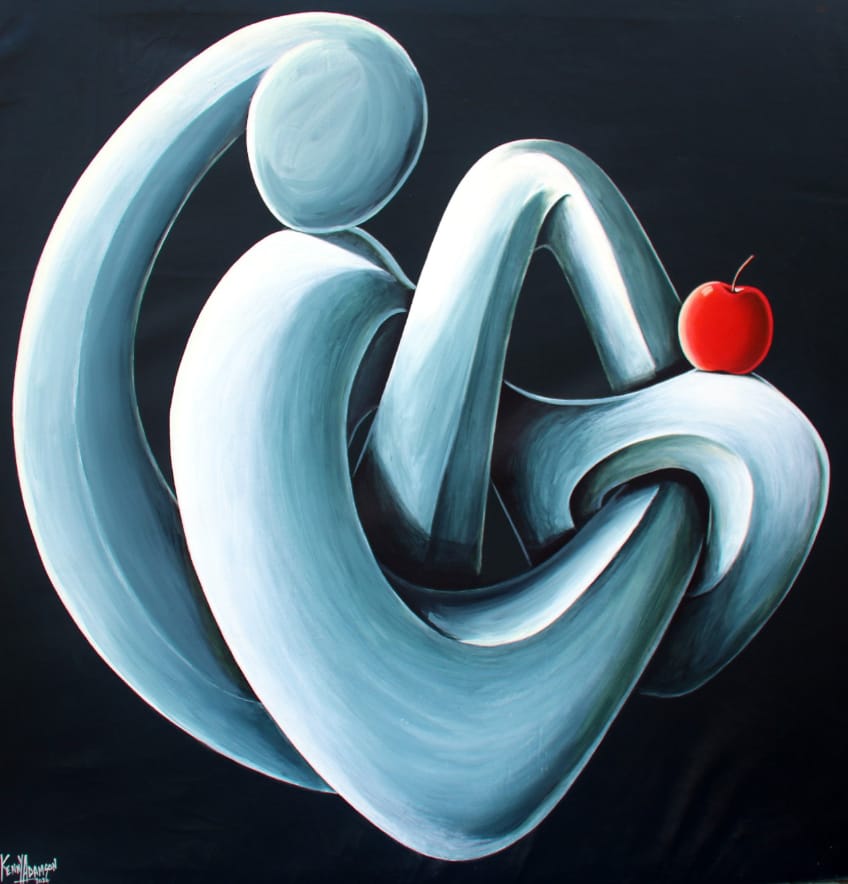
In recent times, the gospel music industry has found itself at the centre of criticism from various clerics and religious leaders. These individuals have expressed their concerns regarding what they perceive as the alarming commercialization of gospel music, which they believe strays far from its original purpose of worship and veneration.
Instead of being a sincere expression of faith and devotion, there is a growing sentiment that gospel music is becoming increasingly focused on profit and worldly success.
This shift has sparked heated debates within communities about the true essence of gospel music and its role in spiritual expression and cultural identity. The clerics argue that such commercialization undermines the foundational values of the genre, turning sacred art into a mere commodity.
In February of this year, Pastor Chris Oyakhilome, the founder and President of Christ Embassy and Love World Records, shared some insights during a broadcast that revealed that some artists had departed, seemingly shifting their focus from their spiritual calling to pursuits of fame and financial gain.
This shift, according to him, has raised concerns about the authenticity of worship within the church, which he felt has increasingly taken on a more celebratory, party-like atmosphere.
Pastor Oyakhilome expressed his worries regarding the diminishing essence of gospel music as a form of sincere devotion. He pointed out that while these artists have played vital roles in praise and worship, they sometimes neglect prayer sessions, indicating a possible shift in priorities.
Additionally, he noted that many musicians began to charge fees for their performances, which he felt detracted from their original spiritual duties.
Reflecting on this issue, he remarked, “They had become too popular, and because they were making even little money… Do they know what big money is? The little money they were making was too attractive to them, so they didn’t want to follow me. So they made a detour. I hope they all repent. They are not worship leaders.”
In response to Pastor Oyakhilome’s remarks, veteran gospel artist Lara George highlighted the similarities between gospel and secular artists regarding musical expression and financial remuneration.
She pointed out that while some churches are willing to pay substantial fees to international artists, they often struggle to extend the same consideration to Nigerian talents.
Lara also raised important questions about financial transparency within the church, particularly regarding the sources of pastors’ incomes.
She expressed her discontent with hypocrisy and the negative stigma surrounding gospel artists who charge for their performances.
“If you discovered that your favourite international gospel artist charges a fee to perform, would that make them any less spiritual?” she questioned.
In March, Apostle Femi Lazarus, the lead pastor of Light Nation, shared his experience of being charged 5 million for a popular gospel artist to minister in his church.
He expressed disappointment that worship services in Nigeria sometimes feel more like performances, with artists demanding significant fees.
“Someone has changed us 5 million to come here and sing. He will come, act drama and cry but he is only doing his business. You’d be amazed at how ruthless they are when they charge” be decried.
Countering this narrative, Afrobeat artist Timi Dakolo took to Instagram to address the criticism directed at gospel artists, characterizing it as “gaslighting.”
He emphasized that artists require financial compensation to support their families, cover studio and production costs, and promote their work. He called for churches to invest in their gospel artists, explaining that while church members contribute to various initiatives, supporting musicians should also be a priority.
Dakolo emphasized the disparity between the treatment of foreign artists and local choir members, stating that while churches readily pay international artists in dollars and cover their travel expenses, many local musicians struggle to make ends meet. “It’s important to recognize that while music and worship are deeply spiritual, they are also an art form that requires years of practice,” he noted.
“Valuing people and their craft is essential, and every contributor within the church community deserves fair recognition and compensation,” he emphasised.
Gospel music transcends the mere expression of religious devotion; it represents a profound art form that embodies deep emotional and spiritual resonance. The creation of gospel music demands immense dedication, creativity, and skill, reflecting the hard work and passion invested by its musicians and songwriters. This genre not only serves as a medium for worship but also plays a significant role in cultural identity, community connection, and personal testimony.
Reacting to the conversation, veteran comedian, Otaghware Otas Onodjayeke, popularly known as ‘I Go Save’ acknowledged pastor Christ Oyakhilome’s strides in promoting gospel music in Nigeria.
He called on pastors to invest in promoting and investing in the talents in their churches rather than looking for already-blown gospel acts made by others to promote their churches for free.
I Go Save stressed that gospel artists need to earn from their ministry like pastors.
“Only Pastor Chris or pastors that have promoted gospel
musicians to the limelight should rant about them charging churches. Gospel artists need to put food on their tables too like pastors on salaries from their churches,” he concluded.






